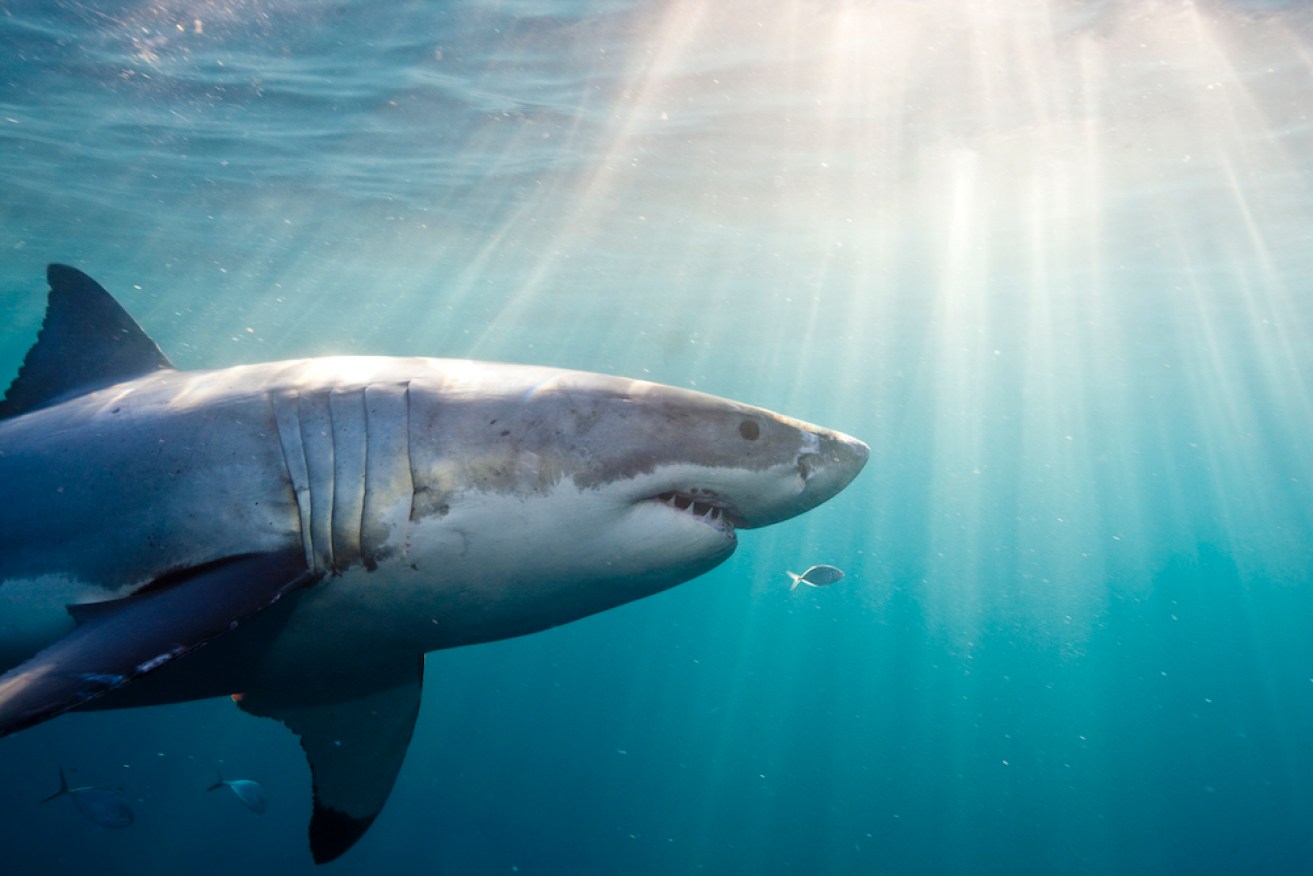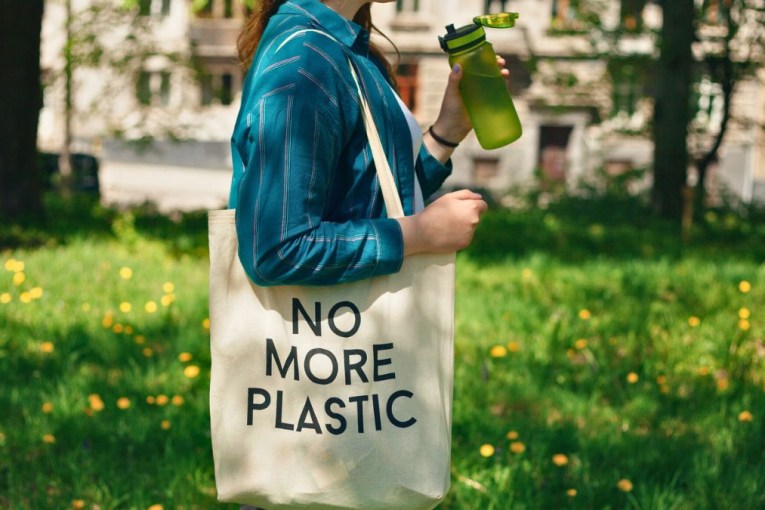‘Cocaine sharks’ theory could expose a deeper issue


The latest data shows Australia had 40 per cent of the world's fatal shark attacks last year. Photo: Getty
Just in case you need another reason to avoid the waters off Florida’s coast, experts think there’s a chance sharks are feasting on dumped cocaine.
An upcoming instalment of the Discovery Channel’s annual Shark Week will reportedly lift the lid on “cocaine sharks”.
It’s not unusual for cocaine to end up in the sea.
Sometimes smugglers will dump it to prevent getting into trouble with authorities and occasionally the drugs will wash up on the shore.
Just last month, the US Coast Guard rounded up $US186 million ($270 million) of the narcotic in nine separate incidents in international waters.
The episode will explore the terrifying phenomenon that is “cocaine sharks”.
Although the experiments are preliminary, Tracy Fanara, a research scientist and program manager at the National Oceanic and Atmospheric Administration (NOAA), told CBS News there is “a lot of legitimacy to this clickbait headline”.
Dr Fanara said cocaine bales dumped at sea could follow the ocean current, just like other sea creatures such as sharks, so there is a chance sharks are coming into contact with them.
The experiment was conducted in the Florida Keys, reportedly due to cocaine bales frequently being sighted in the area.
Working alongside Tom “Blowfish” Hird, Dr Fanara dropped bales of fake cocaine into the water to observe how sharks responded to it.
The two were hoping to observe any behavioural changes and if sharks were even interested in the fake cocaine and if they would opt for it over food.
According to CBS News, a stimulant that has a similar effect to cocaine was also used for these experiments.
Dr Fanara said while Hird did see some behavioural changes in the sharks, there is no way of knowing whether it was due to the experiment, or it was just a coincidence.
Needless to say, more research is needed, she said.
Tweet from @inspectorplanet
The deeper issue beyond ‘cocaine shark’
Speaking to The Guardian, Dr Fanara said there has been other research surrounding fish being affected by pharmaceuticals and other narcotics.
She said it is very “plausible that sharks are impacted by cocaine, as it is very soluble and even the smallest rip in the packages could lead to the drug spilling out into the water”.
However, there is a more sinister and pressing issue here, beyond the prospect of drug-fuelled sharks.
“The deeper story here is the way that chemicals, pharmaceuticals and illicit drugs are entering our waterways – entering our oceans – and what effect that they then could go on to have on these delicate ocean ecosystems,” Hird told Live Science.
Cocaine Sharks will premiere on the Discovery Channel in coming days, and while there is no conclusive evidence just yet to determine whether or not sharks are enjoying hits of cocaine, Hird hopes the episode will lead to more research being done in this area.
The idea of a shark getting hooked on pharmaceuticals isn’t so far fetched when you consider cocaine bear.
In 1985, Andrew Thornton, a convicted drug smuggler, died in a parachuting accident and the discovery of his body led to a major investigation.
The theory was that Thornton, a former narcotics officer and lawyer, was on a plane carrying some 400 kilograms of cocaine, passing over Georgia and out of fear authorities were on to him, he ditched the plane and jumped.
Authorities found the stash in the Chattahoochee National Forest, however, a bear got to the cocaine first and died of an apparent overdose.
The real-life events inspired the horror-comedy, Cocaine Bear, in which the bear goes on a coke-fuelled murderous rampage that did not occur in real life.








